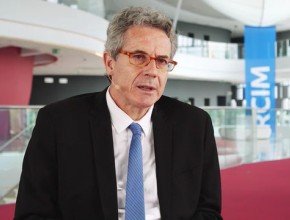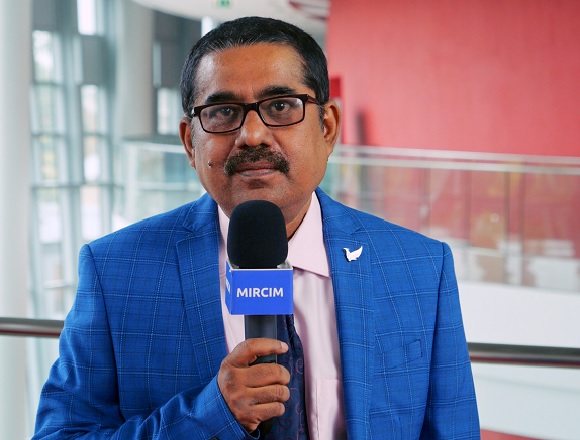What is the risk of irritable bowel syndrome (IBS) after traveler’s diarrhea? How can it be prevented?
Mark S. Riddle, MD: In terms of quantifying the risk, a recent systematic review meta-analysis was published last year, I think. It showed an about 3.5 times higher risk, meaning that if you were travelling and you did get traveler’s diarrhea, you had a 3.5 times higher risk of developing IBS in that subsequent 6 months to a year after that episode.
In terms of the actual risk, on average in the normal population 1% to 2% of persons per year will develop IBS, and 5% to 6% of travelers after traveler’s diarrhea will develop IBS. It is that 3- to 4-fold risk increase. So it is real.
IBS is not the only postinfectious travel problem. There is functional dyspepsia and constipation that can also occur after traveler’s diarrhea.
But focusing on IBS: how do you prevent it? Unfortunately, right now we do not have a lot of good studies to show how you can prevent postinfectious IBS. Clearly the first step is not getting sick. The other risk factors for postinfectious IBS have to do with the duration and severity of illness. Theoretically, if you could shorten the duration of traveler’s diarrhea by early and effective treatment, not let it go on a long time and not let it be severe, you may be able to prevent the onset of IBS. But those clinical trials have not been done yet, so that is more theoretical.
In terms of other ways to prevent it, I think options could be related to the microbiome—improving your microbiome through probiotics or prebiotics. However, again, there is no evidence yet to support that trying to bolster or improve your microbiome and make it more resistant to developing IBS. The data are just not there.
Unfortunately, IBS and other postinfectious functional bowel disorders are a real risk after traveler’s diarrhea, but we do not have a lot of good ways right now to prevent it. I would say that if you travel, get sick with traveler’s diarrhea, and continue to be ill for a month or 2 after you return, you should go see your doctor and have it checked out. It could be a parasite or it could be the development of postinfectious IBS, and there may be some treatments that could help you with that.
 English
English
 Español
Español
 українська
українська











